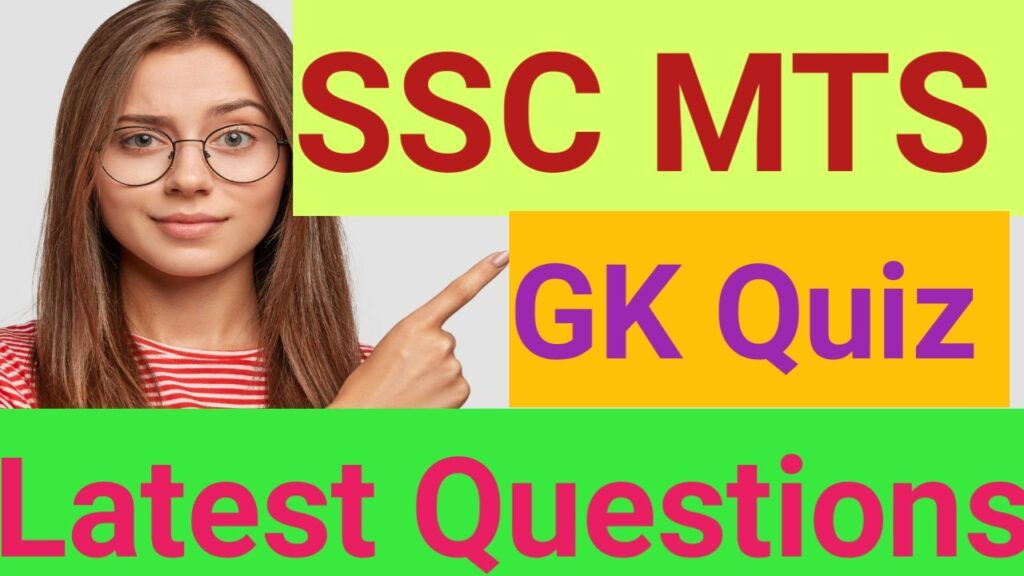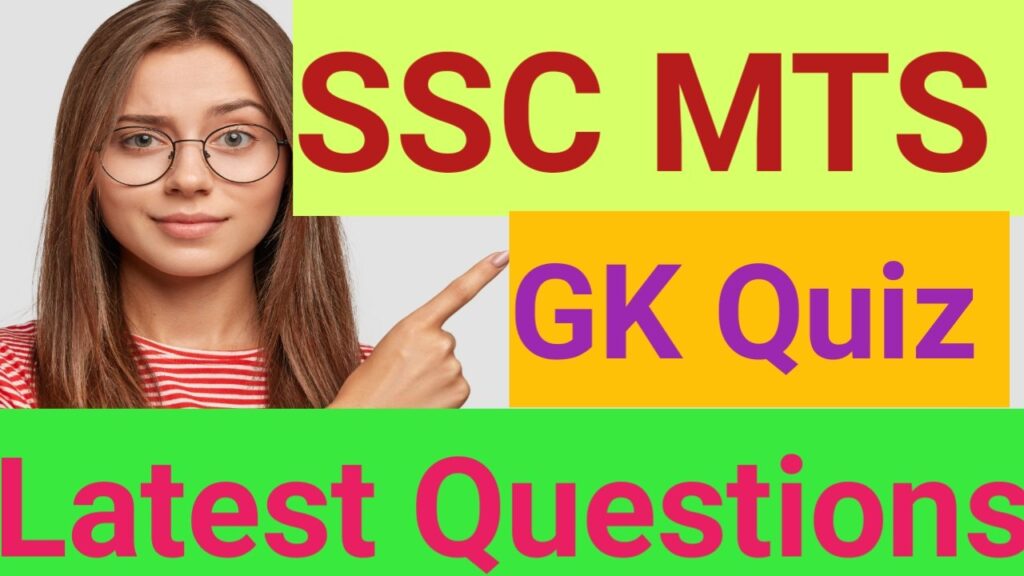
Introduction :
Preparing for competitive exams in West Bengal and across the Union of India demands a strong command of English, as it plays a vital role in WBCS, WBP , KP, WBSSC, WBPSC, UPSC, SSC, Railways, Banking, and Defense examination. This post is designed to help aspirants master English through carefully selected Multiple Choice Questions (MCQs) covering grammar, vocabulary, comprehension, and usage. English mcq for wbp & kp exam 2025
These questions are aligned with the latest exam patterns and focus on essential topics like articles, prepositions, tenses, and sentence correction. Whether aiming for state-level or national-level government jobs, practicing these MCQs will sharpen language skills, boost confidence, and enhance exam performance.
Q1. ______ his injury, he managed to complete the marathon.
- (A) Despite
- (B) Instead of
- (C) Being
- (D) Sometimes
The correct Answer is Despite (A)
Explanation: “Despite” is used to express contrast, meaning in spite of his injury, he still finished the marathon successfully. Other options do not correctly convey this contrast.
Q2. You will pass the exam ______ you study consistently and complete all your assignments.
- (A) Provided
- (B) Although
- (C) Despite
- (D) Unless
The correct Answer is Provided (A)
Complete sentence: You will pass the exam provided you study consistently and complete all your assignments.
Explanation: “Provided” means “on the condition that” or “if,” emphasizing that passing the exam depends on studying consistently and completing assignments. It introduces a necessary condition for the result to happen.
Q3. A person who leaves their own country to settle permanently in another. (one word)
- (A) Expatriate
- (B) Immigrant
- (C) Emigrant
- (D) Refugee
The Correct Answer is Emigrant (C)
- That person is called an Emigrant (from the perspective of the country they leave) or an Immigrant (from the perspective of the country they move to).
- Explanation:
- (a) Emigrant → Someone who leaves their own country to live permanently in another.
- (b) Immigrant → Someone who enters a new country to settle there.
- Example: Ravi moved from India to Canada.
- For India, he is an emigrant (because he left).
- For Canada, he is an immigrant (because he entered).
- 👉 In simple words:
- Emigrant = Exit from a country.
- Immigrant = Into another country.

Q4. He was restrained ________taking a hasty decision.
- (A) Of
- (B) To
- (C) For
- (D) From
The Correct Answer is from (D)
Complete sentence: He was restrained from taking a hasty decision.
Explanation: The verb “restrain” is commonly followed by “from” when indicating prevention or stopping someone from doing something. Here, it means he was prevented or stopped from making a quick or rash decision, which might have negative consequences.
Q5. The man was accused ______ theft.
- (A) By
- (B) About
- (C) Of
- (D) For
The Correct Answer is of (C)
Complete sentence: The man was accused of theft.
Explanation: In English grammar, the verb “accuse” is followed by the preposition “of” when specifying the crime or wrongdoing someone is charged with. Hence, “accused of theft” is the correct phrase.
Q6. We shall discuss the matter _______ a cup of tea.
- (A) Across
- (B) After
- (C) Under
- (D) Over
The Correct word is over (D)
Complete sentence: We shall discuss the matter over a cup of tea.
Explanation: The preposition “over” is commonly used when talking about discussing or dealing with something while sharing a meal or drink. It indicates that the discussion will happen during or associated with having a cup of tea.
Q7. Incapable of making errors. Known as?
- (A) Incorrigible
- (B) Irreparable
- (C) Erroneous
- (D) Infallible
The Correct Answer is Infallible (D)
Explanation: “Infallible” means incapable of making mistakes or being wrong. It describes someone or something that never fails or errs. This word perfectly fits the phrase “incapable of making errors”.
Q8. Fill in the blank: He saved her _____ certain death.
- (A) With
- (B) Of
- (C) In
- (D) From
The Correct Answer is from (D)
Complete sentence: He saved her from certain death. Explanation: The verb “save” when used in the context of rescuing or protecting someone is followed by the preposition “from” to indicate what danger or harm was avoided. Hence, “saved her from certain death” means he prevented her death.

Q9. Choose the correct synonym for “perfidious.” ?
- (A) Faithful
- (B) Treacherous
- (C) Hopeless
- (D) Noisy
The Correct Answer is Treacherous (B)
Explanation: “Perfidious” means deceitful, faithless, or disloyal—someone who betrays trust. The word “treacherous” similarly refers to someone or something that is untrustworthy and likely to betray, making it the right synonym.
Q10. Select the correct antonym for “laconic.” ?
- (A) Brief
- (B) Aphoristic
- (C) Verbose
- (D) Silent
The Correct Answer is Verbose (C)
- Explanation: Laconic means using very few words; brief and to the point.
- The opposite is verbose, which means using too many words; wordy and long-winded.
- Examples: (a) His laconic reply was just “Yes.” (short)
- (b) She gave a verbose explanation that went on for ten minutes. (lengthy)
- 👉 Simple tip:
- (a) Laconic = short & brief
- (b) Verbose = long & wordy
Q11. “To make evasive or misleading statement” can be best substituted by: ?
- (A) Prevaricate
- (B) Peroration
- (C) Sophist
- (D) Ineffable
The correct Answer is Prevaricate (A)
- Explanation: (a) Prevaricate means to avoid telling the truth by not giving a direct answer or to make misleading or evasive statements.
- (b) It is often used when someone tries to dodge a question or hide the truth with vague or indirect speech.
- Examples:
- (a) When asked about the missing money, he began to prevaricate.
- (b) Instead of answering directly, the politician prevaricated to avoid controversy.
- 👉 Simple tip: Prevaricate = Beat around the bush Or Avoid the truth.
Q12. “A very delicate flow or mistake which is not expected from the person making it” is called: ?
- (A) Sanguine
- (B) Sacrament
- (C) Solecism
- (D) Sententious
The Correct Answer is Solecism (C)
Explanation: A “solecism” is a very delicate flaw or mistake, especially in speech or writing, which is not expected from the person making it.
It often refers to an error in grammar uses that is subtle yet noticeable because it contrasts with the person’s usual command of language.

Q13. “The action or practice of lending money at unreasonably high rates of interest” is: ?
- (A) Emissary
- (B) Usury
- (C) Venal
- (D) Macabre
The Correct Answer is Usury (B)
Explanation: Usury is the action or practice of lending money at unreasonably high or exorbitant interest rates, often above the legal limit.
It is considered exploitative and is illegal in many jurisdictions to protect borrowers from excessive financial burden. Laws regulating this practice are called usury laws.
Q14. Sea with a group of many islands is called: ?
- (A) Archipelago
- (B) Scullery
- (C) Ablution
- (D) Etiology
The Correct Answer Archipelago (A)
Explanation: (a) An archipelago is a chain, cluster, or collection of islands scattered in a body of water, which may be an ocean, sea, or lake. Examples include the Indonesian Archipelago, the Japanese Archipelago, and the Finnish Archipelago Sea.
(b) In particular, the Archipelago Sea in Finland has the largest number of islands in the world, with over 50,000 Islands , and the Lakshadweep islands in India are located in the Arabian Sea.
Q15. The opposite of EXPURGATE is: ?
- (A) Slide
- (B) Permit
- (C) Decline
- (D) Fall
The Correct Answer is (B)
Explanation: (a) “Expurgate” means to remove or censor parts considered harmful or objectionable from a text or speech. The opposite would be to allow or approve something without removing any parts.
(b) Therefore, “permit,” which means to allow, is the correct antonym of expurgate, as it implies allowing something to remain whole or unchanged without censorship or deletion.

Q16. The opposite of CHAGRIN is: ?
- (A) Remorse
- (B) Sniffle
- (C) Famished
- (D) Pleasure
The Correct Answer is Pleasure (D)
Explanation: (a) “Chagrin” means distress, embarrassment, or disappointment caused by failure or humiliation.
(b) Its opposite, “pleasure,” refers to a feeling of happiness, satisfaction, or enjoyment. Thus, pleasure represents the positive emotional state contrary to the negative feeling of chagrin.
Q17. Improve the sentence: Roma (hesitated to listen to) what her elder sister was saying.
- (A) Hesitating to listen to
- (B) Hesitates in listening to
- (C) Hesitated to listened to
- (D) No improvement
The Correct Answer is (C)
Explanation: (a) “Hesitated” is the correct past tense verb form to express a brief pause or uncertainty before doing something, like listening in this case.
(b) The sentence means Roma showed some doubt or delay before paying attention. The phrase “hesitated to listen to” correctly conveys this meaning in standard English grammar.
Q18. She doesn’t hesitate to do whatever her husband (doing). ?
- (A) Would do
- (B) Does
- (C) Shall do
- (D) No improvement
The Correct Answer is (B)
Explanation: The verb “does” correctly matches the present tense and singular subject “her husband.” The original form (doing) is incorrect here because after does, the base form of the verb is used, and “does” serves as an auxiliary helping verb to indicate present tense action. Hence, “whatever her husband does” is the grammatically correct phrase.

Q19. The boss has instructed all of us to finish the project by tomorrow, (isn’t it?)
- (A) Didn’t she
- (B) Hasn’t he
- (C) Has she
- (D) No improvement
The Correct Answer is (B)
Explanation: Since the boss is singular and the sentence is affirmative, the correct question tag is “hasn’t he?” rather than isn’t it? The verb used is has instructed, so the auxiliary has is used in the tag.
Also, he refers correctly to the boss, a person. Using “isn’t it?” would be grammatically incorrect here because the subject is singular and not “it.
Q20. The detective suddenly __________ a useful clue. ?
- (A) gave in
(B) came across
(C) fill up
(D) fell down
The Correct Answer is (B)
The phrasal verb “came across” is commonly used to mean “to meet or find someone or something unexpectedly or by chance”. For example, “I came across an old friend” or “she came across some photographs.” It can also mean “to make a particular impression or be perceived in a certain way”, such as “he came across as confident.
Q21. They decided to __________ his number in the yellow pages.
- (A) look into
(B) look at
(C) look up
(D) look onto
The Correct Answer is (C)
- To visit someone, especially when you are in their area after a long time. For example, “Look me up when you come to Kolkata.”
- To improve or become better. For example, “After months of struggle, things are finally looking up.”



